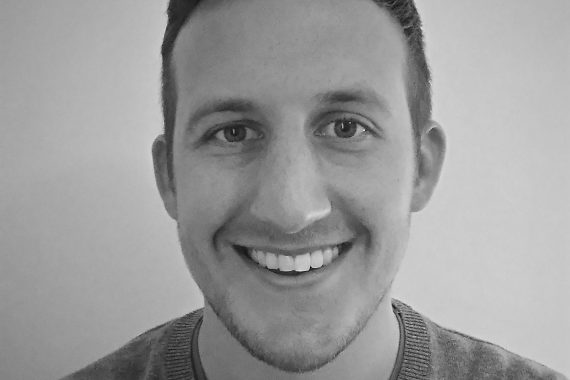And so the topic of antibiotic resistance has reared its ugly, pus-filled head on social media. Public Health England is running a campaign to encourage members of the public, healthcare professionals et al to become ‘antibiotic guardians’.
The powers that be need to do more
On the website, in true NHS fashion, you have an option of 17 categories in which you can become a guardian. If you select ‘Primary Care Prescribers’, for example, you can pledge to ‘review my practice prescribing against that of the CCG and national averages on fingertips’. It beats pledging to sit in a bath of beans, at least. Perhaps most disappointingly was the list of pledges for the ‘Government’ option, which failed to include ‘fund the NHS properly’.
In the comments section on the post which inspired this muse, there are two fiercely opposed camps. On the one hand, patients are to blame for insisting, nay demanding, that little Boris needs antibiotics for his snotty nose. On the other, useless GPs dish them out like skydiving forms as the doctor-patient interaction equivalent of an eject button.
So who is to blame? I suppose that’s the point. So long as we all remain human and find it difficult to be critical of our own actions, we will all look to other parties to start taking responsibility. Until we can move past that issue, it’s going to be extremely hard to work together to deal with the very serious problem of antibiotic resistance. Given that relying on this fundamental change in human nature is as likely as having a CAMHS referral accepted, the powers that be need to do more. A passage from American microbiologist Hans Zinsser, in his book ‘Rats, Lice and History’ gives the perfect analogy:
‘Infectious disease is merely a disagreeable instance of a widely prevalent tendency of all living creatures to save themselves the bother of building, by their own efforts, the things they require. Whenever they find it possible to take advantage of the constructive labours of others, this is the path of least resistance.’
The Government needs to protect GPs from indemnity and defamation in the press and social media for not prescribing antibiotics. Patients need access to more information about the real problem of antibiotics – not from us, because that is not working – but from ‘the man’. A helpline, TV adverts, a man in an MRSA costume scaring children at schools would all seem more effective than a pledge to do something ourselves. We simply cannot do it ourselves.
Dr Danny Chapman is a locum GP in east and south Devon
Pulse October survey
Take our July 2025 survey to potentially win £1.000 worth of tokens













